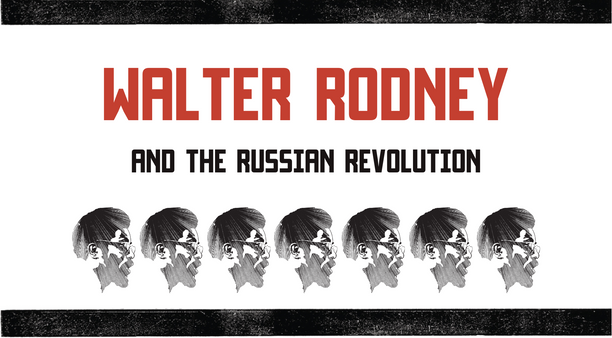
Walter Rodney and the Russian Revolution
Vijay Prashad on the importance of Walter Rodney's lectures on the Russian Revolution.

Vijay Prashad on the importance of Walter Rodney's lectures on the Russian Revolution.
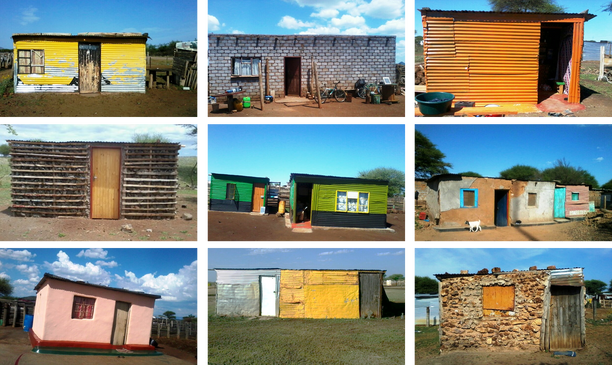
AbdouMaliq Simone offers some reflections on Keller Easterling’s Medium Design and wonders how we might rethink the process of design - urban, social, political - from within the middle of things.
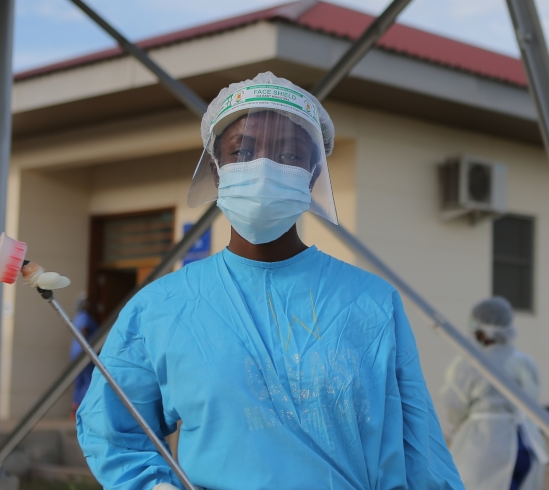
Agnes Khoo-Dzisi charts the political, social and economic consequences of COVID crisis in Ghana, and proposes a unified response from the Global South
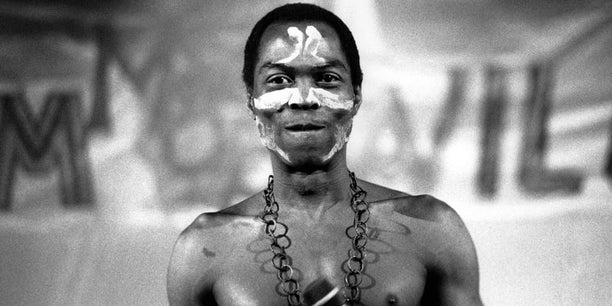
On the publication of a new collection of writing, John Howe recalls his encounter with the father of AfroBeat at the Shrine, Lagos.
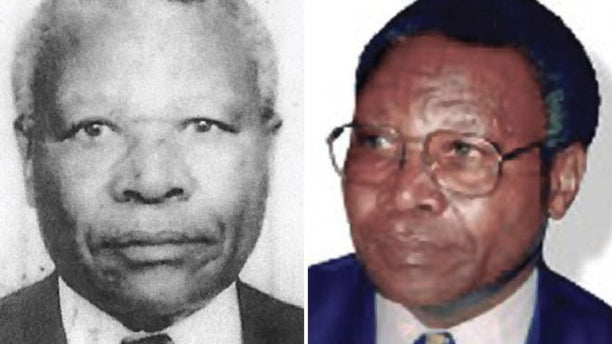
Linda Melvern, author of Intent to Deceive, on the arrest of Felicien Kabuga, one of leaders of the 1994 genocide of the Tutsi.
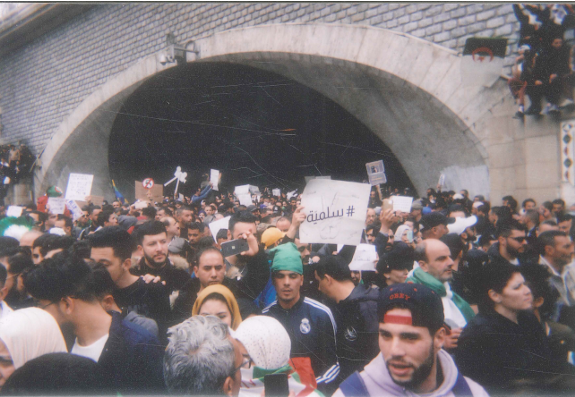
Protests in Algeria have been building since the start of the year. The protests, that have already forced former president Abdelaziz Bouteflika to step down after 20 years, have lately been facing increasingly hostile repression from police and security services. In this interview with imprisoned student leader Yani Aïdali, he discusses the nature of the student movement, and the possibility of its generating a national-level co-ordination.
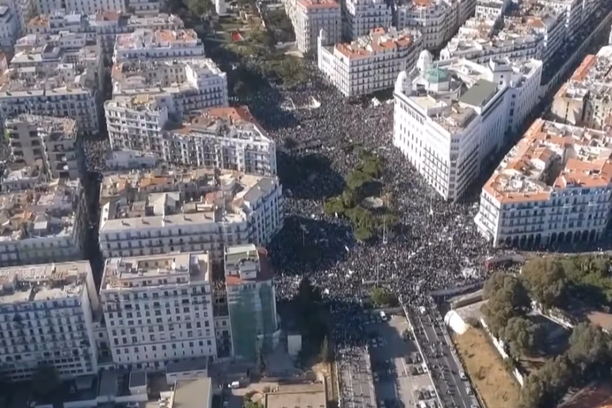
The Hirak movement in Algeria continues to build momentum, bringing the streets of Algiers to a standstill. In this interview, Nedjib Sidi Moussa, doctor of Political Science at Université Panthéon-Sorbonne, discusses the composition of the movement, and highlights its limits and horizon.
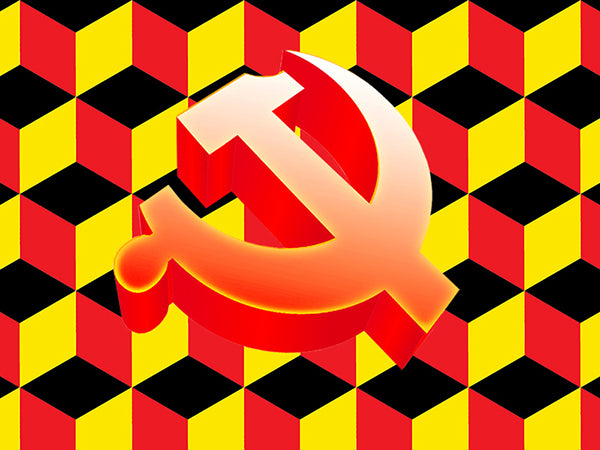
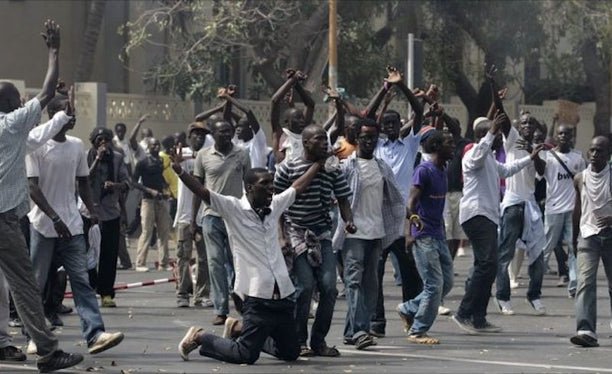
Researcher and activist Pascal Bianchini describes the lasting effects of the 1960s–70s student movement in Senegal and the condition of the Senegalese left today.
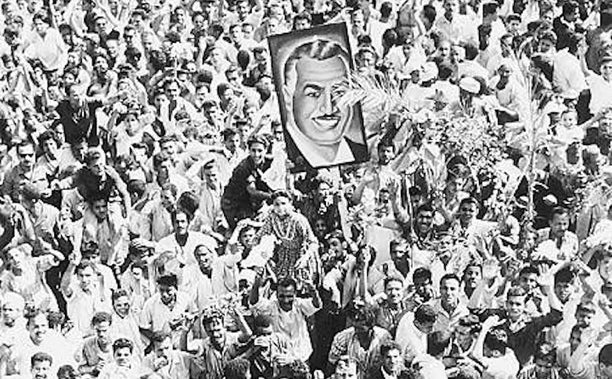
Protests and conflicts on the African continent throughout the 1960s had their own internal dynamics but were also linked closely with wider international events and developments.
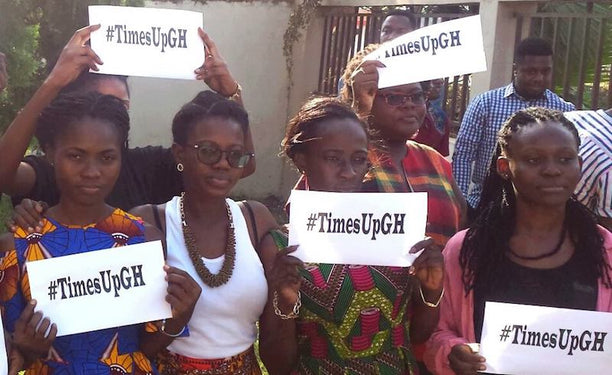
While gender-based violence in Ghana and elsewhere may not seem vastly different from the issues addressed by #MeToo, women around the world must define their own movements.